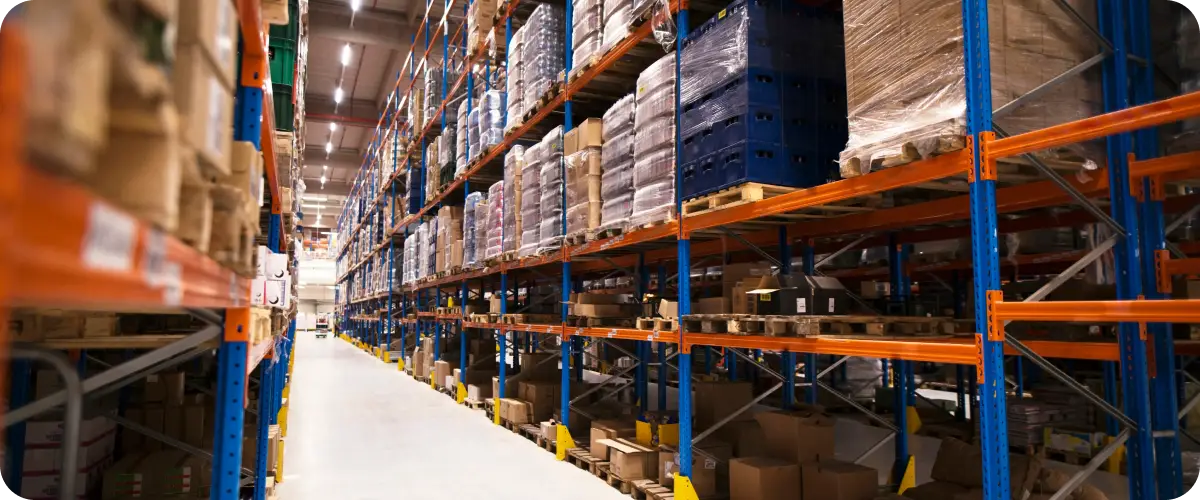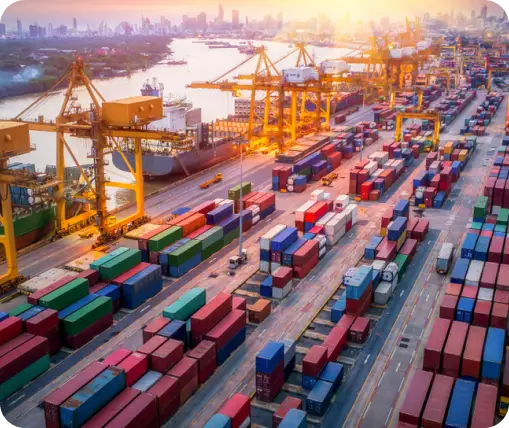Effects of Chinese New Year on Supply Chain

The most important traditional holiday observed by Chinese populations worldwide is the Chinese New Year, commonly known as the Lunar New Year. The event, which ushers in the lunar calendar, lasts for 15 days beginning with the New Moon. Families join together during the Chinese New Year to celebrate, exchange gifts, and partake in traditional food, music, and other celebrations.
Production and Manufacturing
Millions of workers return to their hometowns to spend Chinese New Year with their family, making it the world’s greatest human migration. The labor force is significantly reduced as a result of this worker mobility, which has an impact on Chinese businesses’ capacity for production and manufacturing. Sometimes factories can shut down completely for up to a month, which slows down output and increases delivery delays.
Logistics and Trade
The logistics of goods are impacted by the production pause over the Chinese New Year. Shipping and delivery are all delayed as a result of the work force reduction. The supply chain may get congested as a result, disrupting the flow of commodities. These delays can have a particularly negative impact on businesses that depend on just-in-time delivery systems because even a minor disruption in the supply chain might result in serious issues.
Along with affecting manufacturing and logistics, the Chinese New Year has an impact on consumer behavior as well. During the holiday season, Chinese consumers typically cut back on their spending, which can result in a decline in the demand for goods and services. Lower sales for businesses who export items to China may result from this.

Mitigating the Impact
Companies can employ a number of tactics to lessen the effect of the Chinese New Year on operations.
01
Businesses should make preparations for the Chinese New Year in advance and modify their production schedules as necessary. Businesses can avoid any disruptions by planning for how the holiday would affect production and logistics.
02
03
04
To make sure that suppliers and logistics providers are informed of any potential interruptions, businesses should improve their communication with them. Companies can reduce the effect of the Chinese New Year on their operations by collaborating to identify solutions.
The Chinese New Year is a big occasion that has tremendous impact on global production and trade. Businesses who depend on Chinese suppliers or sell products to China need to be mindful of how the vacation will affect their daily operations. Businesses can lessen the effects of the Chinese New Year and guarantee an unbroken and smooth flow of goods by planning ahead, diversifying suppliers, expanding inventories, and strengthening communication.


